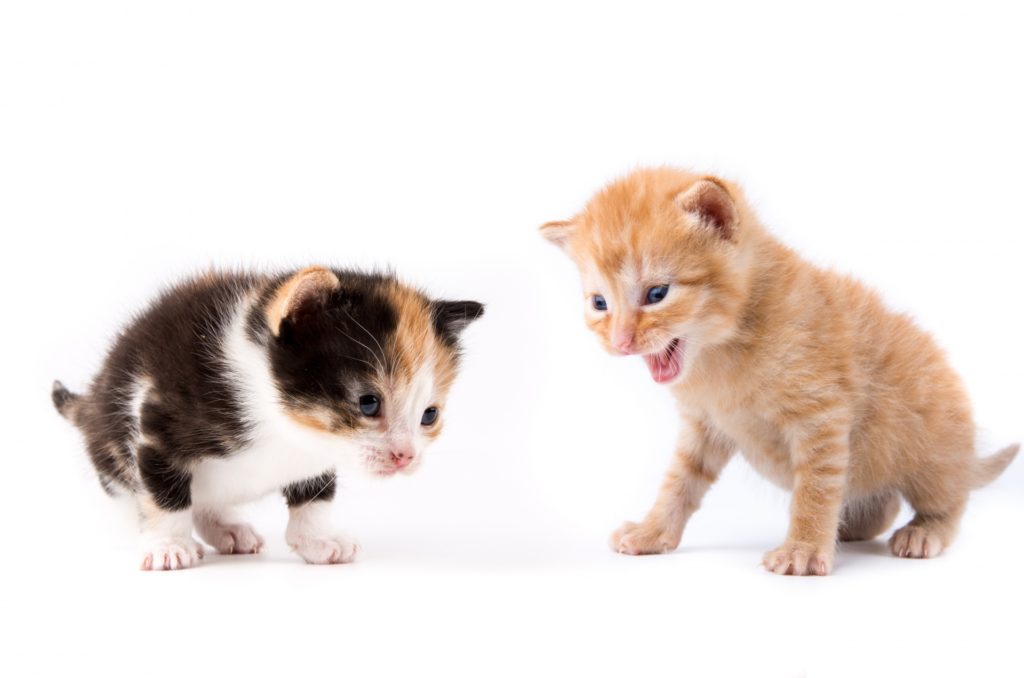Why Do Cats Bite And Scratch When You Tickle Their Belly

Today we will show you the top reasons why cats do this.
Why do cats bite and scratch when you tickle their belly. When a cat throws itself on its side and shows its belly most people misinterpret this behaviour and think that it wants its belly rubbed but will get grabbed by their hand and the cat will bite. That is more of affection rather than pain. Wild cats and domesticated cats have different reaso. They may even react aggressively with bites and scratches.
The form of tickling is called knismesis but it will not make a cat laugh. Actually if a cat rolls over and exposes his her belly around you that means that its showing its vulnerability and its trust in you. Medical causes range from undetected wounds to distress from mites or fleas to a hormonal imbalance such as hyperthyroidism. If you go to scratch the belly the cat may bite because.
They do not attack that is called nipping. She will just feel fingers brushing against her skin. Every feline reacts differently to the sensation. The majority of cats with few exceptions are especially reluctant to have their belly touched.
Why do cats bite when you scratch their belly. Similar to their feet the belly is a place of vulnerability. Even the most affectionate of cats can react badly if petted in this place. It is probably due to the sensitivity of a cat s paw just as you might feel if someone tickled under your foot.
For many cats this is a danger zone in terms of petting. First of all the belly is a very vulnerable place. A host of vital organs sits mere millimeters under the skin of your cat s tummy and damage to any of them could be potentially fatal. Cats feel the sensation of tickling especially on the paw pads belly back and tail.
If this has happened with you and your otherwise. Wrapping their arms around your hand and digging in their claws can seem like an adverse reaction to what was meant to be a friendly petting. When new and unusual behavior problems arise in your cat including aggressive biting and scratching it could be a sign of an underlying illness.








